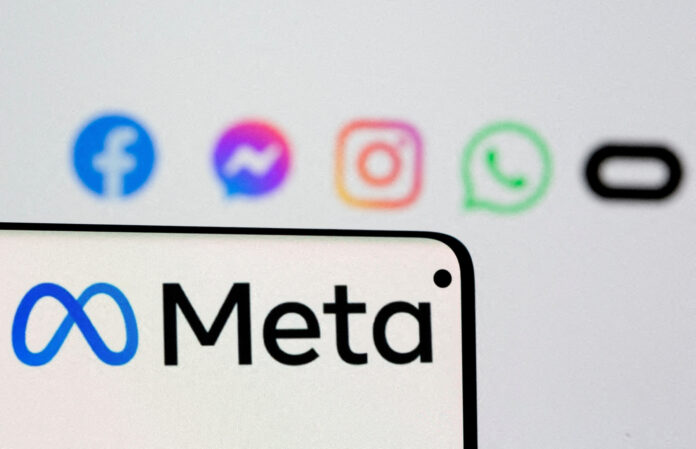Meta Platforms announced on Monday that it will extend its ban on new political ads beyond U.S. election day, keeping the restriction in place until later this week.
Initially set to end on Election Day, the policy now aims to curb misinformation in the election’s final days.
The extension allows previously served ads with at least one impression to continue running, though with limited editing options. Meta’s restriction prevents any new political ads from being published as the election concludes.
First introduced in 2020, Meta’s policy seeks to avoid spreading unverified claims during election periods. CEO Mark Zuckerberg has explained that while free speech remains important, the limited time to fact-check new political ads justifies this approach.
Meta reinstated this policy for the 2023 election season, underscoring its commitment to curbing misinformation. Additionally, last year Meta barred political campaigns from using its generative AI advertising tools.
Other tech giants are adopting similar measures to prevent election misinformation. Google, for example, will block election ads on its platforms after polls close on Election Day but has not yet specified when the restriction will be lifted.
Meta’s ad data shows millions spent by campaigns supporting both Vice President Kamala Harris and former President Donald Trump from October 26 to November 1. These bans reflect a joint effort by tech companies to minimize misinformation risks amid rising political ad spending.




